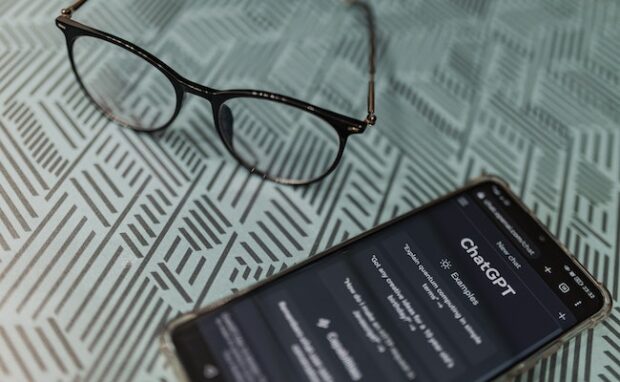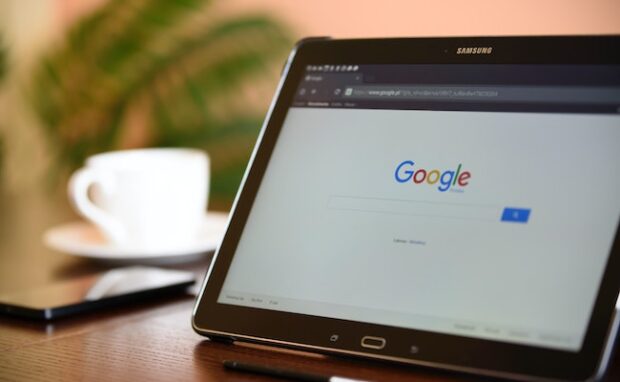ChatGPT diagnosis detects disease after 17 doctors failed
A nervous mom figured out her son’s illness from an unlikely source: ChatGPT. Courtney’s four-year-old son, Alex, was experiencing chronic pain, but doctors couldn’t pinpoint the cause. After numerous failed diagnoses, the mother turned to the AI program. Surprisingly, the tool determined he had tethered cord syndrome due to an overlooked symptom.
Did you know artificial intelligence can gain abilities the developers didn’t intend? ChatGPT and similar tools have mimicked human learning close enough they could develop new abilities. Does that mean you can rely on Dr. ChatGPT for your next diagnosis? Probably not, but you should still know how AI is transforming healthcare.
This article will discuss how a ChatGPT diagnosis helped a mom determine her son’s condition. Later, I will cover other medical AI developments.
How did a ChatGPT diagnosis detect an illness?

Today.com reported on Courtney and her four-year-old son, Alex. It did not disclose her last name to protect the family’s privacy. The story started during the pandemic.
The mom bought a bounce house for her two kids. Soon, Alex began experiencing pain. She said, “(Our nanny) started telling me, ‘I have to give him Motrin every day, or he has these gigantic meltdowns. If he had Motrin, he was totally fine.”
Then, the son began chewing objects, prompting the mother to take him to the dentist. The dentist “ruled everything out” but couldn’t pinpoint the problem.
That’s when he recommended seeing an orthodontist. That doctor placed an expander in Alex’s palate to help him breathe at night. It seemed to work for a while.
However, Alex stopped growing taller, so they visited a pediatrician. That doctor recommended physical therapy for the child because his left and right sides seemed imbalanced.
Courtney visited 17 different doctors, but none provided meaningful results. Consequently, the frustrated mother entered her son’s medical information into ChatGPT.
“I went line by line of everything that was in his (MRI notes) and plugged it into ChatGPT,” she says. “I put the note in there about … how he wouldn’t sit crisscross applesauce. To me, that was a huge trigger (that) a structural thing could be wrong.”
You may also like: Google Lens AI features
The American Association of Neurological Surgeons said tethered cord syndrome occurs when spinal cord tissue forms attachments that limit the cord’s movement, stretching it abnormally.
Thanks to the ChatGPT diagnosis, Alex received urgent help. Dr. Holly Gilmer, a pediatric neurosurgeon at the Michigan Head & Spine Institute, treated him for that disease.
She explained it was difficult to diagnose for other doctors because Alex couldn’t speak. He could say he was struggling to sit with crossed legs, a tethered cord syndrome symptom.
What are other medical AI projects?
OpenAI did not design ChatGPT to provide diagnoses. Still, it can provide accurate ones, like in Alex’s case. The AI bot has proven its potential to enhance healthcare despite being only a year old.
For example, many people rely on the program for mental health advice. Mortgage broker Freddie Chipres consulted the AI bot because he felt melancholic.
He wanted to see a therapist but didn’t feel comfortable scheduling an appointment. Eventually, he told Mashable he turned to a ChatGPT diagnosis as a viable alternative to professional help.
You may also like: Allergies are linked to stress
He loved how the Chatbot was convenient, simulating what it was like talking to another person. “It’s like if I’m having a conversation with someone,” Chipres said.
“We’re going back and forth,” he added, sometimes referring to the program as a person. “This thing is listening. It’s paying attention to what I’m saying and giving me answers.
Consulting an artificial intelligence at a hospital may become a reality in the future. Google is testing a medical chatbot that will assist doctors worldwide.
Conclusion
A ChatGPT diagnosis identified a child’s illness after 17 doctors failed to detect it. Alex is on his way to better health thanks to this artificial intelligence.
Still, you should not rely on ChatGPT and other generative AI tools for medical advice. Most of these tools remind users they are not intended for that purpose.
You may receive suggestions, but you should only follow doctors’ recommendations. Learn more about the latest digital tips and trends at Inquirer Tech.
